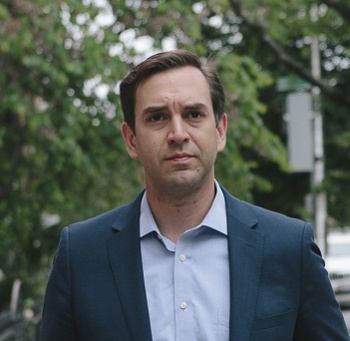Do you support the findings of the Commission on Innovation and Excellence in Education? Are you committed to funding associated reforms, and if so, how?
Auteri: I strongly agree with the initial findings and recommendations of the Commission, but many of the recommendations will take a long time to have an impact; in Baltimore, our kids need us to do better now. As a former high-school teacher, I know implementing change across a school is hard, let alone doing it across a district or a state. In the Commission’s report, a lot of attention was paid to career ladders for training principals and teachers, but little time was spent discussing long-term principal development. We know that dynamic principals can change the way a school operates, especially in Baltimore’s decentralized system. We ask our principals to be more than administrators; we ask them to be social workers, activists, and community organizers, yet we invest little in their development after their second year. As a result, our attrition rate after 3 years is untenably high. A visionary, supported principal can better support students and teachers and can lead grassroots improvement in our schools with community organizations, local foundations and non-profits, students, and parents. Paying for the Commission’s recommendations and my proposal above will take significant investment, but we need to recognize that investments today in education and career readiness generate long term savings in the near future in the criminal justice system, health system, and lost wages and taxes. Adjusting the funding formula to account for need and poverty will almost certainly require reductions in budget for wealthier jurisdictions, and I’m ready to fight for that investment.
SHARE THIS ANSWER
